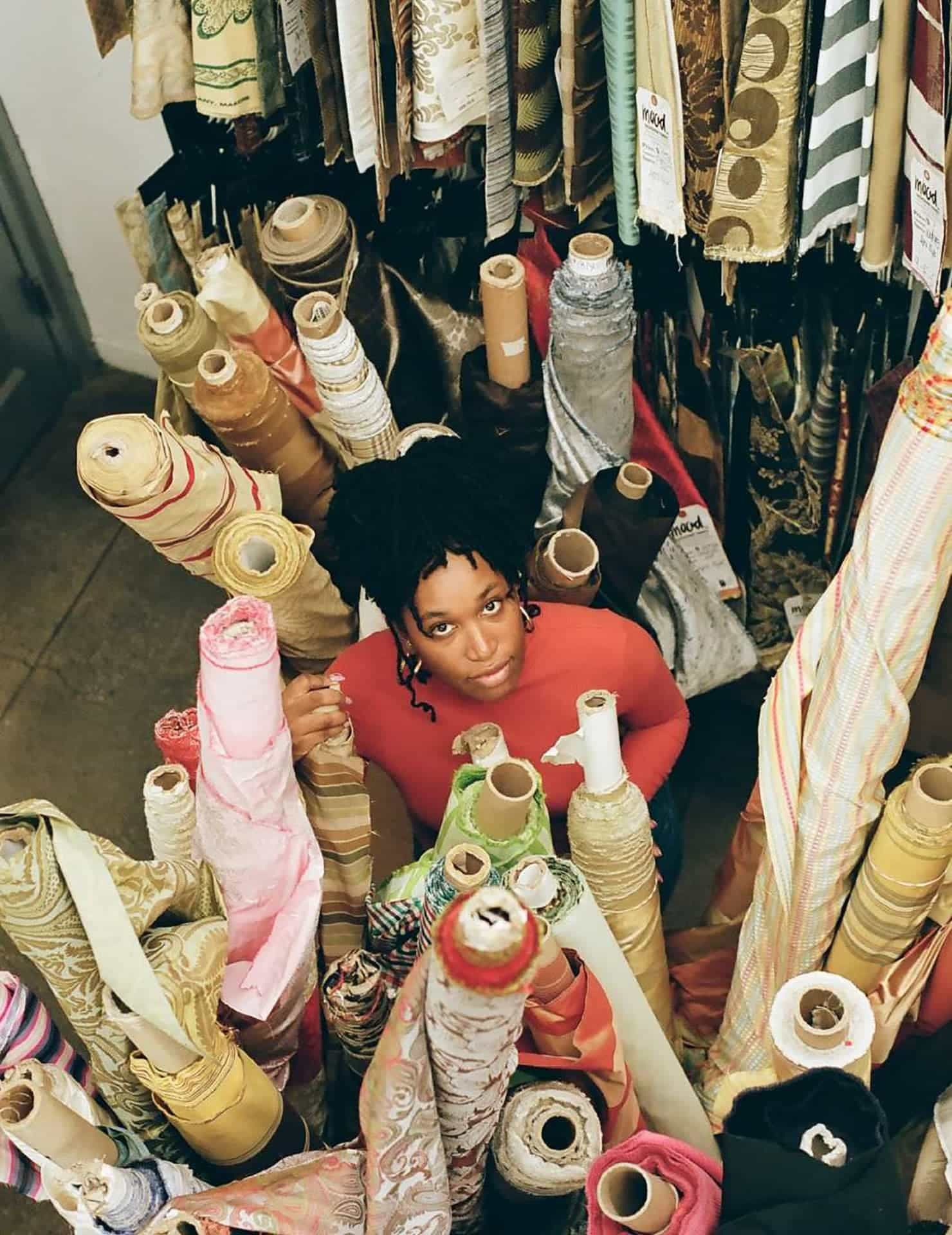Growing up between London and Cairo, I heard the word ‘3aib’ more times than I wish to remember. The term, which essentially means shameful, or culturally frowned upon, is used freely and often, and weaponised in relation to a long, pedantic list of things: everything from what you wear, how you walk, talk and sit, what you’re interested in, who your friends are, your job prospects, hopes and dreams and beyond.
In an effort to mould me into the person she thought I should be, my mum employed it on numerous occasions. “3aib! What will people think?” she’d say, in between gasps, whenever I would refuse to abide by the status-quo. Whenever I did anything she regarded as transgressive.
For a long time, I didn’t care, or didn’t think I cared. But as I got older, I began to realise that I could hear her voice in the back of my mind, along with the opinions of what I’ve now come to consider the ‘invisible jury’ (those we’re supposed to think about when we’re told ‘what will people say?’) Despite all evidence to the contrary, and my very best efforts, I had adopted some of their opinions on how I should live my life – especially when it came to interactions with the opposite sex.





